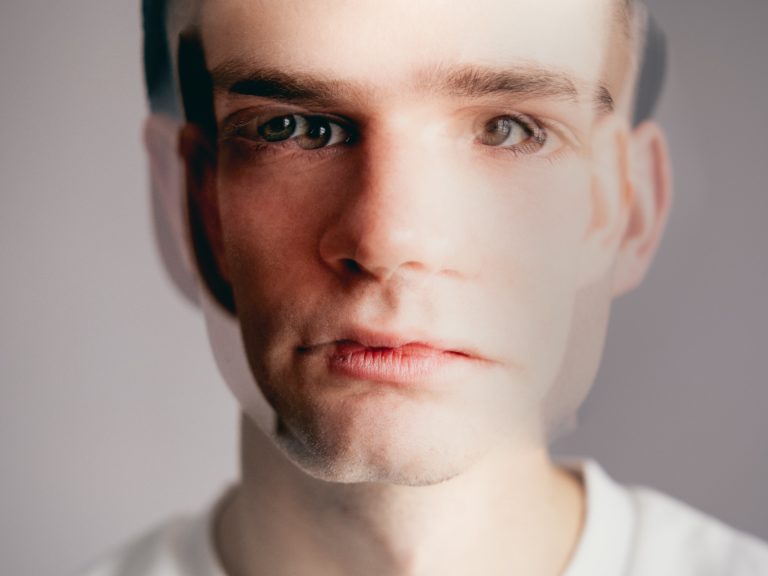Bipolar disorder and borderline personality disorder (BPD) are both complex mental health conditions that can have a profound negative effect on a person’s ability to enjoy a full and satisfying life. Although these disorders share a few characteristics, they are distinctly different conditions. Thankfully, both disorders are treatable. Understanding the difference between bipolar disorder and borderline personality disorder can help you find the right type and level of professional care for yourself or someone that you care about.
What is Bipolar Disorder?
Bipolar disorder is a type of mental illness that is characterized by dramatic changes in mood, energy level, and related attributes. People who have this disorder may experience manic or hypomanic periods as well as symptoms of depression.
- Manic episodes involve significantly elevated self-esteem, diminished need for sleep, and increased activity. During a manic episode, a person may be highly distractable. They may become much more talkative, jump from idea to idea, and take on multiple projects. They may also engage in dangerous impulsive behaviors related to money or sex.
- Hypomanic episodes are similar to manic episodes, but they do not last as long. To meet the clinical criteria for a manic episode, symptoms must persist most of the day, almost every day, for at least a week. Hypomanic episodes may only last for four days.
- Major depressive episodes can involve pervasive sadness, poor self-esteem, diminished energy, loss of interest in significant activities, trouble concentrating, and recurrent thoughts of death and dying. These symptoms will last for at least two weeks.
There are three types of bipolar disorder. They are differentiated by which types of symptoms a person experiences:
- Bipolar I disorder includes at least one manic episode. A person may also have hypomanic or major depressive episodes, but these are not required for this diagnosis.
- Bipolar II disorder includes at least one major depressive episode and at least one hypomanic episode.
- Cyclothymic disorder includes a two-year period during which a person has recurring symptoms of hypomania that don’t rise to the level of a hypomanic episode and recurring symptoms of depression that don’t rise to the level of a major depressive episode.
What is Borderline Personality Disorder?
Borderline personality disorder is a mental health concern that is characterized by impulsivity and instability. The symptoms of borderline personality disorder typically impact a person’s relationships, mood, and self-image.
A person who develops borderline personality disorder may exhibit symptoms such as the following:
- Having a series of brief but intense relationships.
- Taking drastic action to avoid being abandoned, even when there is no indication that this may occur.
- Acting impulsively in areas such as spending, driving, eating, substance use, and sex.
- Frequently threatening to harm or kill themselves. This may escalate into self-harming or suicidal behaviors.
- Experiencing rapid, severe mood swings.
- Engaging in fights, having outbursts of rage, and otherwise demonstrating an inability to control their anger.
- Undergoing rapid changes in their self-image or sense of self.
- Feeling that they are empty or worthless.
Experts estimate that borderline personality disorder may affect between 1.6% and 5% of the general population. Among people who receive inpatient mental health treatment, the prevalence of BPD rises to about 20%.
[Recommended: “Treatment for Personality Disorders“]
What Are the Differences Between Bipolar Disorder & Borderline Personality Disorder?
Both bipolar disorder and BPD are marked by mood swings and impulsive behaviors. But there are several important differences between bipolar disorder and borderline personality disorder:
- Age of onset: The symptoms of borderline personality disorder typically begin to occur during the teen years or young adulthood, but they may be detected in adolescents as young as 12. Most people who are diagnosed with bipolar disorder do not receive this diagnosis before age 25.
- Gender differences: About 75% of people who are diagnosed with borderline personality disorder are female. The prevalence of bipolar disorder is almost even among men and women, though men typically begin to show signs of this disorder about five years earlier than women do.
- Persistence of symptoms: People who have bipolar disorder may have extended periods when they are not experiencing any manic, hypomanic, or depressive symptoms. Individuals who have borderline personality disorder are more likely to be impacted by symptoms on a daily or near-daily basis.
- Self-harm: Although bipolar disorder and borderline personality disorder are both associated with an elevated risk of suicide, self-harming behaviors are more common among people who have BPD.
- Relationships: Patterns of intense but unstable relationships are much more common among people who have borderline personality disorder. The symptoms of bipolar disorder can affect the quality of a person’s relationships, but they typically don’t have the same pervasive impact that BPD does.
- Risk factors: Research suggests that adverse childhood experiences such as being abused, neglected, verbally harassed, or sexually assaulted are prominent risk factors for developing borderline personality disorder. Genetic factors and chemical imbalances in the brain appear to play a more significant role in the development of bipolar disorder.
The best way to identify the difference between bipolar disorder and borderline personality disorder is to consult with a qualified healthcare provider. This professional can conduct a thorough assessment and recommend appropriate options for treatment.
Receiving an accurate diagnosis is an essential first step toward a brighter future. When a person who has either bipolar disorder or borderline personality disorder receives comprehensive, personalized care from a reputable provider, they can achieve improved quality of life.
Begin Mental Health Treatment in Nashville, TN
Arbor Wellness offers customized care within a safe and highly supportive environment for adults who have developed bipolar disorder or borderline personality disorder. Our full continuum of care includes residential treatment, a partial hospitalization program (PHP), an intensive outpatient program (IOP), and outpatient services. All care at our center is provided by a team of skilled and compassionate professionals.
Give us a call or visit our admissions page today to learn how we can help.










